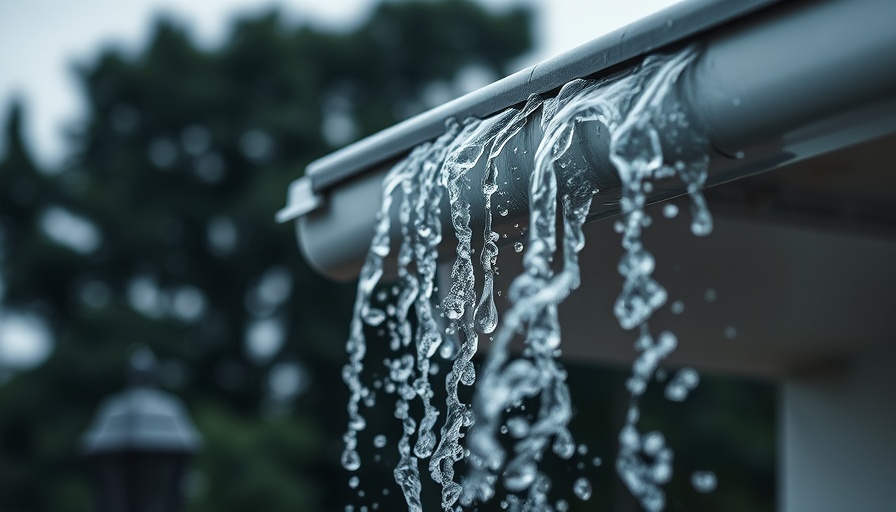
Understanding the Threat: Tornado and Hurricane Seasons
As we head into 2025, it’s crucial for homeowners, especially those in susceptible regions, to be fully aware of the upcoming tornado and hurricane seasons. Tornado season typically peaks in the spring, spanning April to June, with high activity in Tornado Alley—Texas, Oklahoma, Kansas, and Nebraska. Hurricanes, on the other hand, present a threat from June to November, particularly affecting coastal areas like Florida, Louisiana, and the Carolinas.
Preparing for these severe weather events involves understanding their characteristics and potential impacts. Both tornadoes and hurricanes can be devastating, but with proper preparation, homeowners can mitigate risks and safeguard their property and loved ones.
Essential Storm Preparation Steps
So, how can you prepare your house for the impending tornado or hurricane season? The answer lies in comprehensive and proactive planning. Here are key steps to consider:
1. Secure Your Home’s Exterior
Before storms hit, secure all loose items outside your home. This includes patio furniture, decorations, and any other movable objects. Consider investing in storm shutters, reinforcing garage doors, and checking the roof for any potential weaknesses.
2. Create an Emergency Supply Kit
Your emergency kit should be stocked with essential supplies, including water, non-perishable food, a flashlight, a first aid kit, batteries, and important documents. Preparing this kit ahead of time ensures you are not scrambling last minute as storms approach.
3. Create a Storm Preparation Checklist
A checklist can keep you organized and ensure you do not overlook any critical preparations. Include tasks such as reviewing insurance policies, gathering important documentation, and planning evacuation routes in case disaster strikes.
During a Storm: Responding with Care
Understanding actions to take during a storm can make all the difference. For instance, during a tornado, seek shelter in a basement or interior room away from windows. Conversely, if you’re facing a hurricane, remain indoors and avoid unnecessary travel until the storm has passed.
Additionally, know what not to do. For example, never stay in a car during a tornado, and avoid using candles during a hurricane due to the risk of fire.
The Importance of Post-Storm Actions
Once the storm has subsided, the focus should shift to safety and recovery. Document damages for insurance claims and stay updated on local advisories before you begin cleanup efforts. Remember, safety should always be your priority.
Empowering Yourself During Storm Preparation
Homeowners must understand how to navigate the challenges that severe weather brings. Knowledge is power, and cultivating a culture of preparedness can significantly minimize risk. As the saying goes, “Storms don’t wait for readiness,” so take proactive measures now to ensure familiarity with what to do.
Conclusion: Take Action Today
As 2025 draws near, the urgency of storm preparation cannot be overstated. Equip your home, gather your supplies, and strategize your response plans. By taking steps now, you are not just preparing for a storm; you are cultivating a safer, more resilient lifestyle for yourself and your family. Ready to learn more and get started? Explore local resources and community workshops focused on disaster preparedness.
 Add Row
Add Row  Add
Add 




Write A Comment